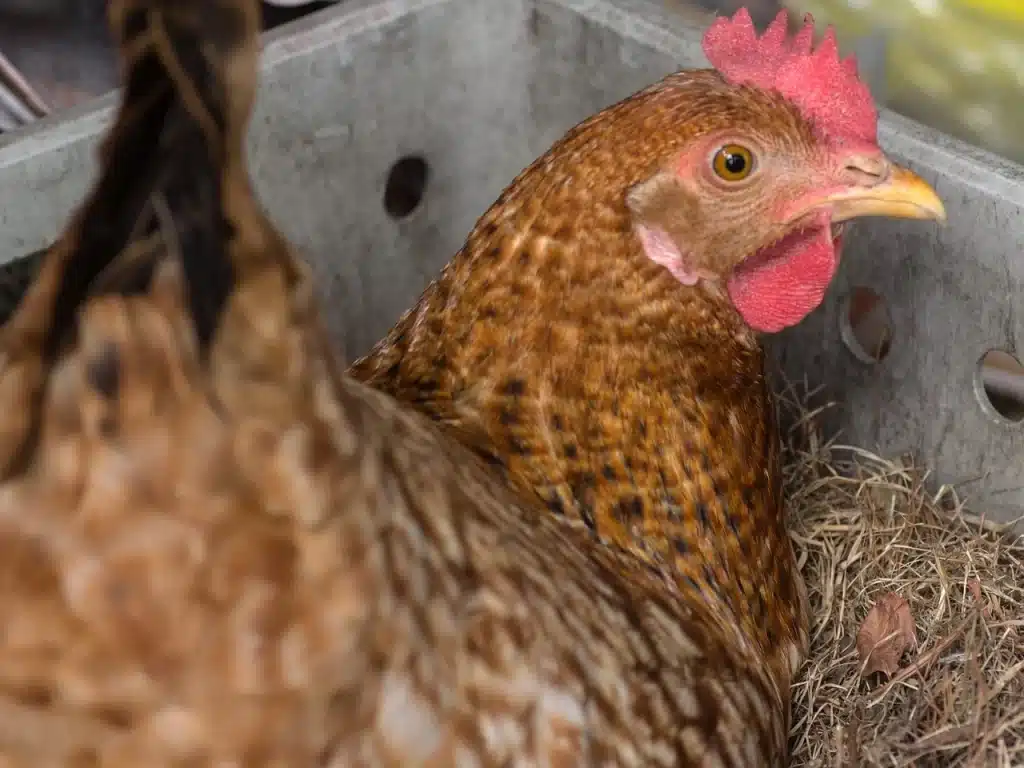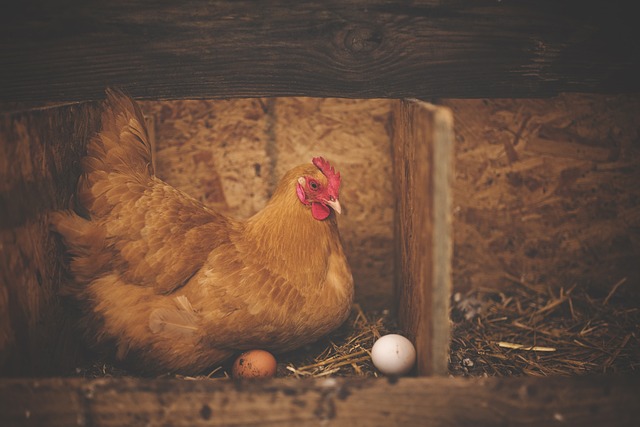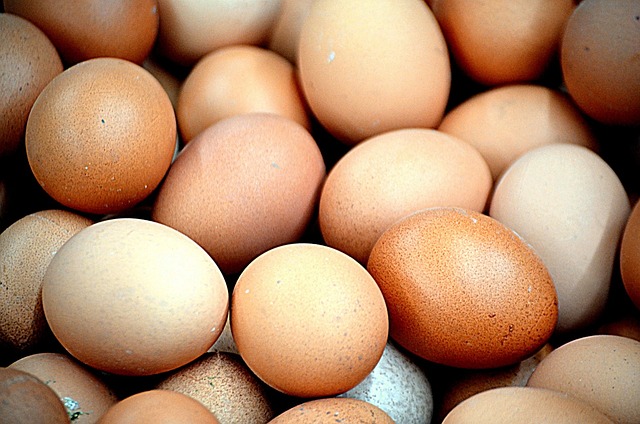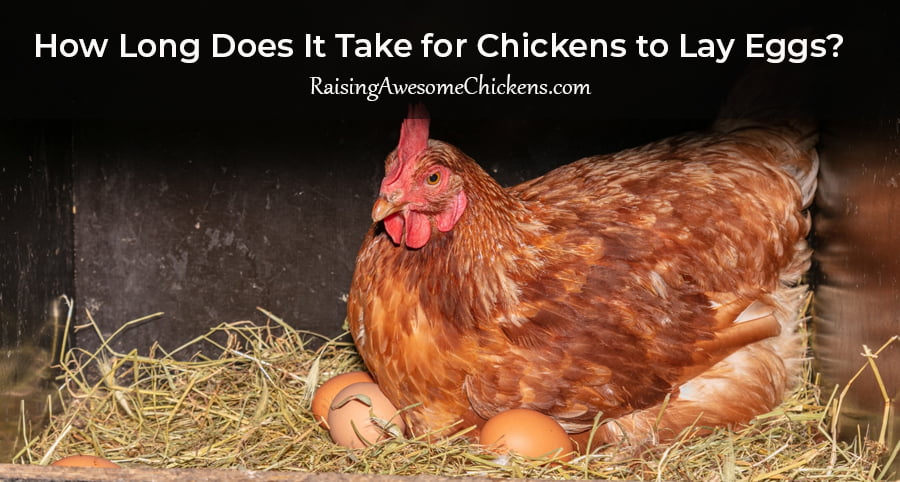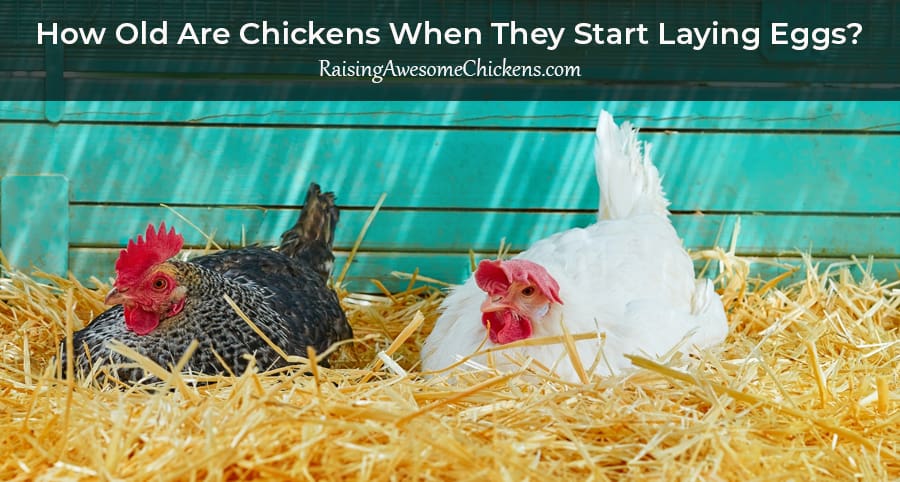Why Are Backyard Chickens Not Laying Eggs?
Raising backyard chickens has become increasingly popular among homeowners looking to enjoy fresh eggs. However, a common issue many chicken keepers face is a sudden or unexplained drop in egg production. Why Are Backyard Chickens Not Laying Eggs? Understanding the factors that influence a hen’s ability to lay eggs is crucial in identifying the root cause of this decrease.



